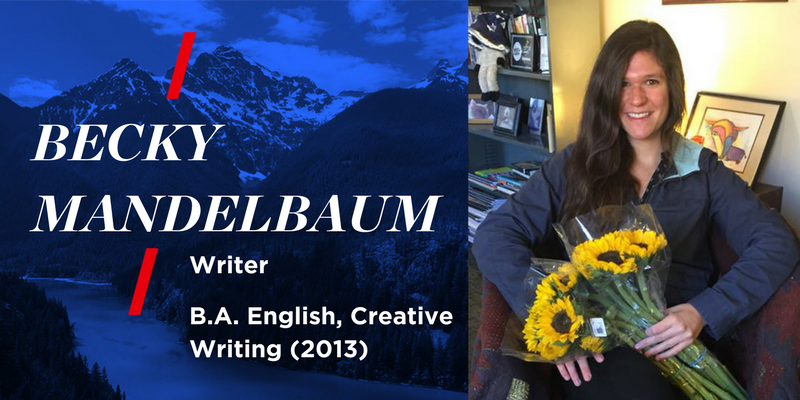Why Becky’s a Hawk to Watch:
Aspiring writers everywhere should take a page out of award-winning Becky Mandelbaum‘s book. Writing, for Becky, is about moving through the world full of curiosity, every moment packed with inspiration, and then painting the characters on a page. Creating fiction is about being obsessed with what you do. Oh, and it’s about practicing, lots of practicing. Becky’s passion found life in the creative writing program at KU. Since graduating in 2013, Becky’s won the Lawrence Art Center’s Langston Hughes Award for Fiction and in 2016 her debut book “Bad Kansas” won the Flannery O’Connor Award, the highest award for collections of short fiction. Becky’s work has appeared in notable literary publications including The Georgia Review, The Rumpus, Necessary Fiction, Salt Hill, Great Jones Street, Hobart, Midwestern Gothic, McSweeney’s Internet Tendency, and elsewhere. But being a writer is also about being tenacious and finding a way to make ends meet so you can find the time and energy to write. Currently, that “other job” for Becky is working as a cashier in the North Cascades National Park, Washington, an inspiring backdrop as she works on the draft of her first novel, tentatively titled “The Hurting Animals.”
Tell us what you do for a living:
Right now, what I do for a living has little to do with my writing career. Many writers know the drill: you find work in a coffee shop, or a restaurant, or, in my case, a gift store—anything to make ends meet so you can write. This past summer, I was a cashier at a gift shop in North Cascades National Park. Hawking hummingbird finger puppets to tourists doesn’t exactly make my heart sing, but it does provide a healthy supply of stories while leaving mental energy for my real work, which takes place at home, in the gauzy morning hours before work, with a blank page and a full French press.
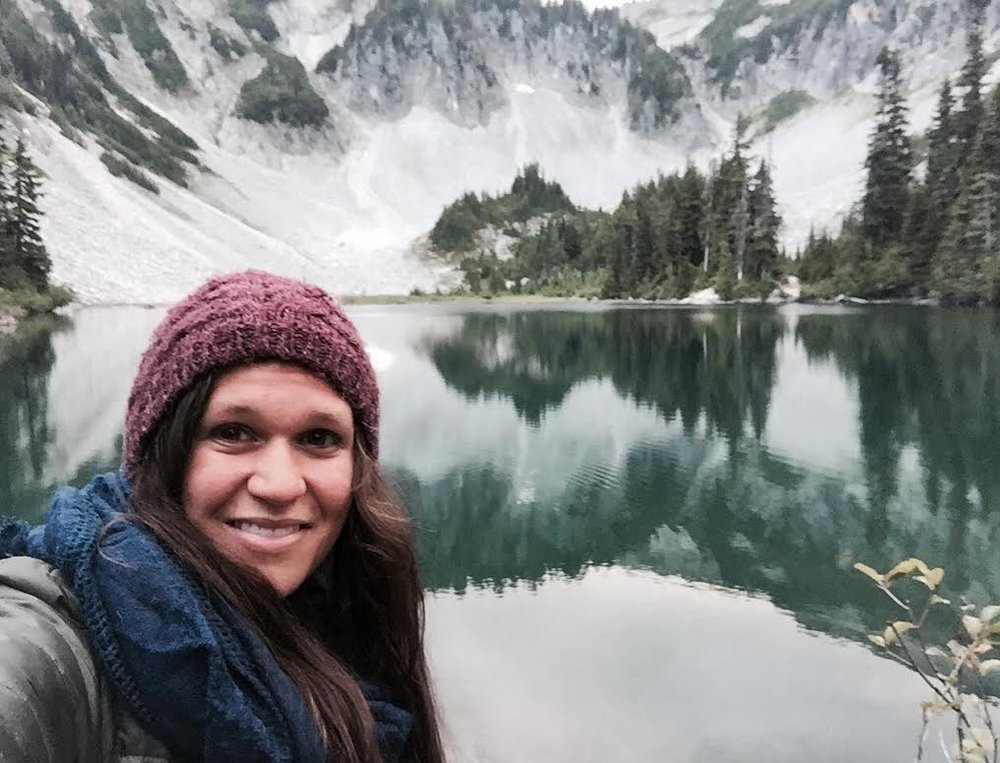
What do you feel is your biggest achievement so far?
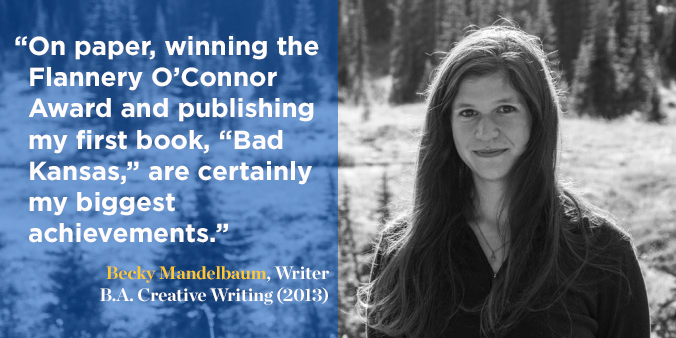
And yet, on a personal level, I feel most accomplished whenever I’m getting my work done. At the moment, I’m excited about finishing the early drafts of my first novel, tentatively titled “The Hurting Animals.” This novel had its start when I was a senior at KU, and the characters have been nagging me ever since. It feels good knowing they’re safely on the page, even if those pages never reach the outside world.
What’s your lowest career moment and how did you pick yourself up and move on?
Strangely, this current moment feels like both the lowest and highest of my career. In terms of writing, my career is going well: I have a book out, I won an award, I have permission to keep writing. And yet, on a day-to-day level, I’ve been working at a cash register, earning only a teaspoon more than minimum wage. The way I’m picking myself up and moving on is by getting my work done—finishing my manuscript, looking forward to the next project. The beauty of writing is that it gives back twofold whatever you put into it. As long as you’re willing to do the work, it’ll be there to support you, and I’m finding that true now more than ever.
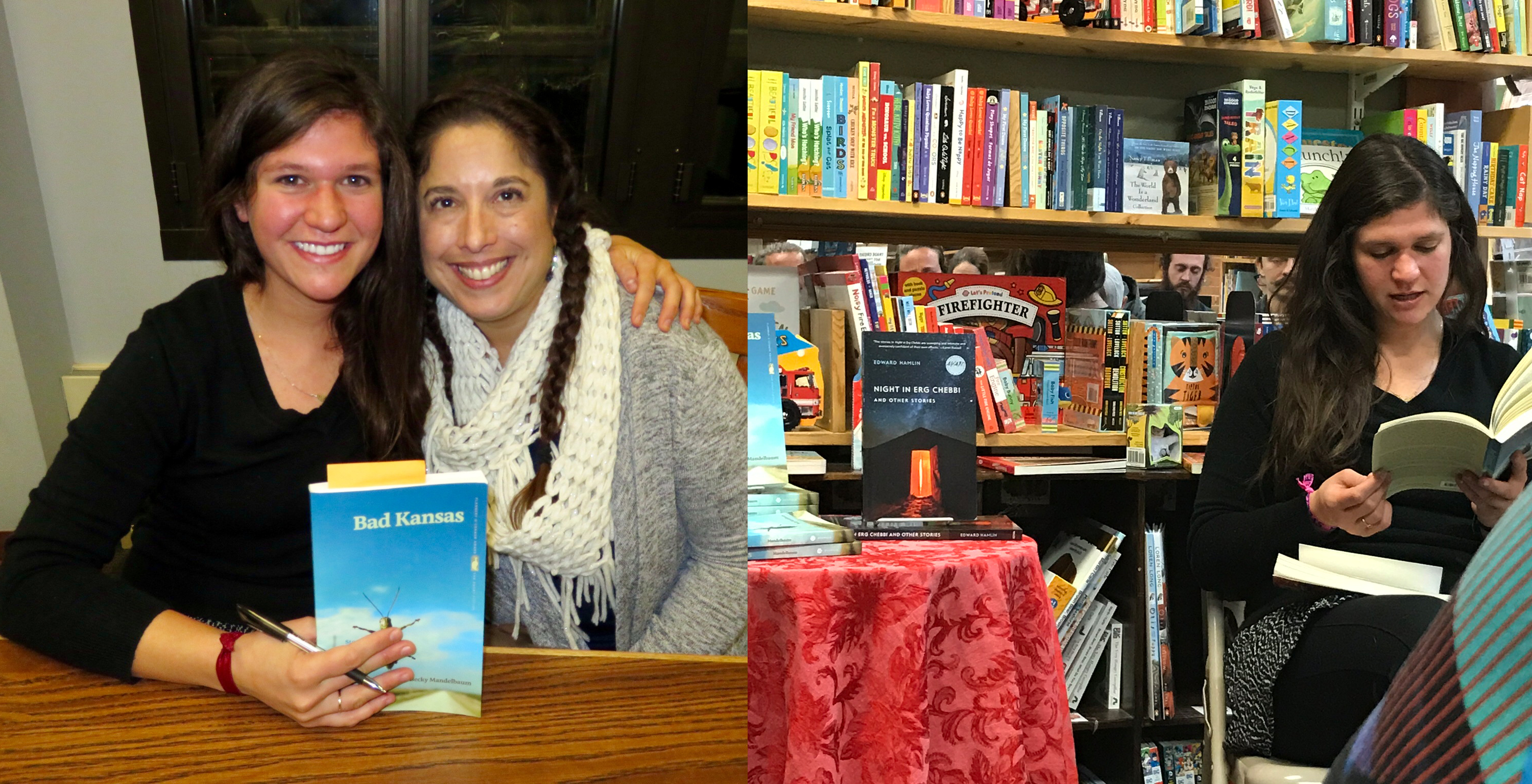
Where do you hope to be in 10 years?
I hope to be living somewhere beautiful, near mountains and water, with time and space (and, fingers crossed, my very own desk) in which to work on whatever it is I’m working on: a novel, essays, short stories. I also love teaching and hope to ultimately settle into a career as a fiction writing instructor. It’d be a cruel world if I didn’t also have a dog.
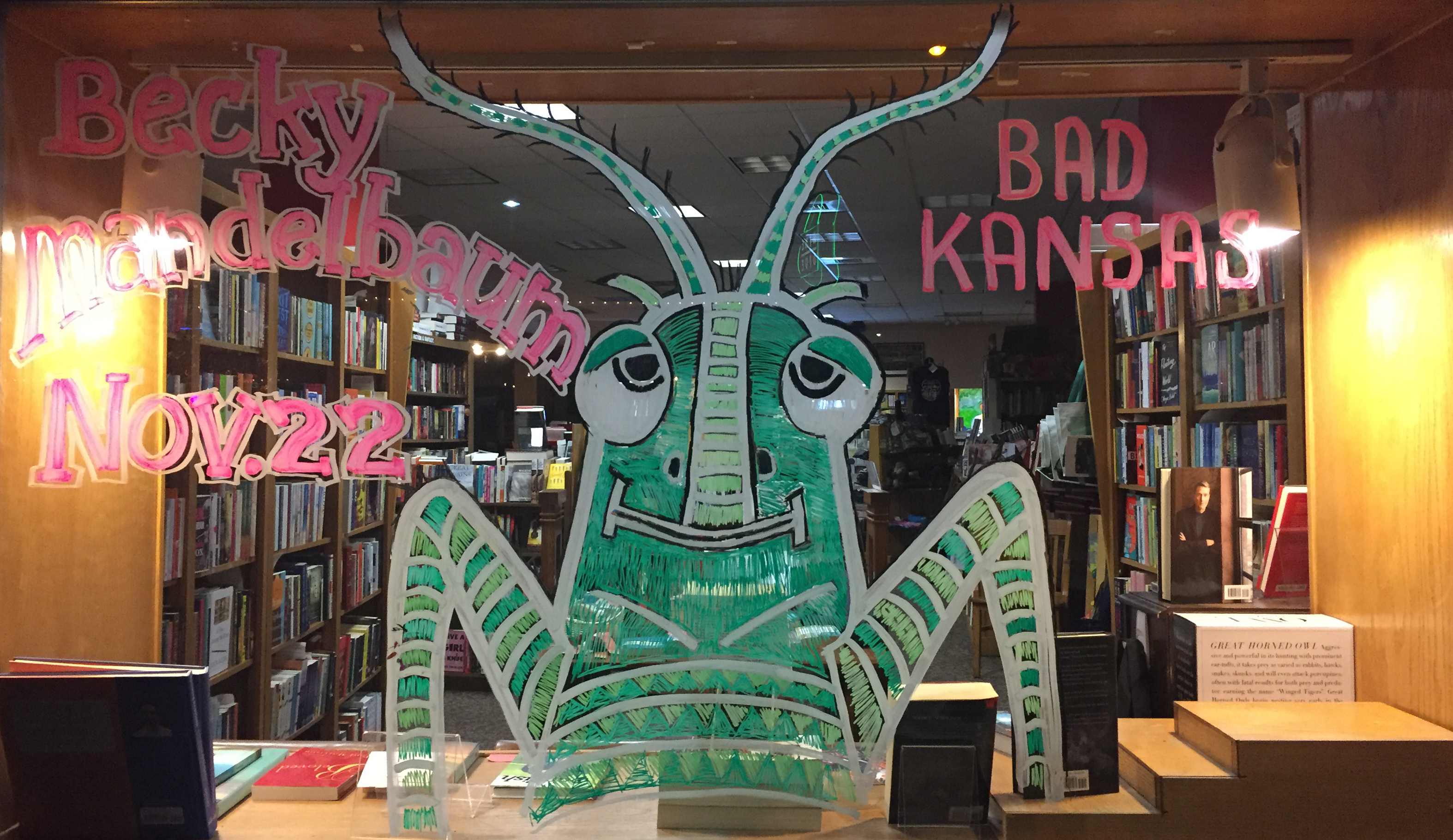
What do you know now that you wish you could tell your 18-year-old self?
Even the bad writing is important.
What’s your best career pro-tip?
Write what obsesses you, not what you think other people will find interesting.
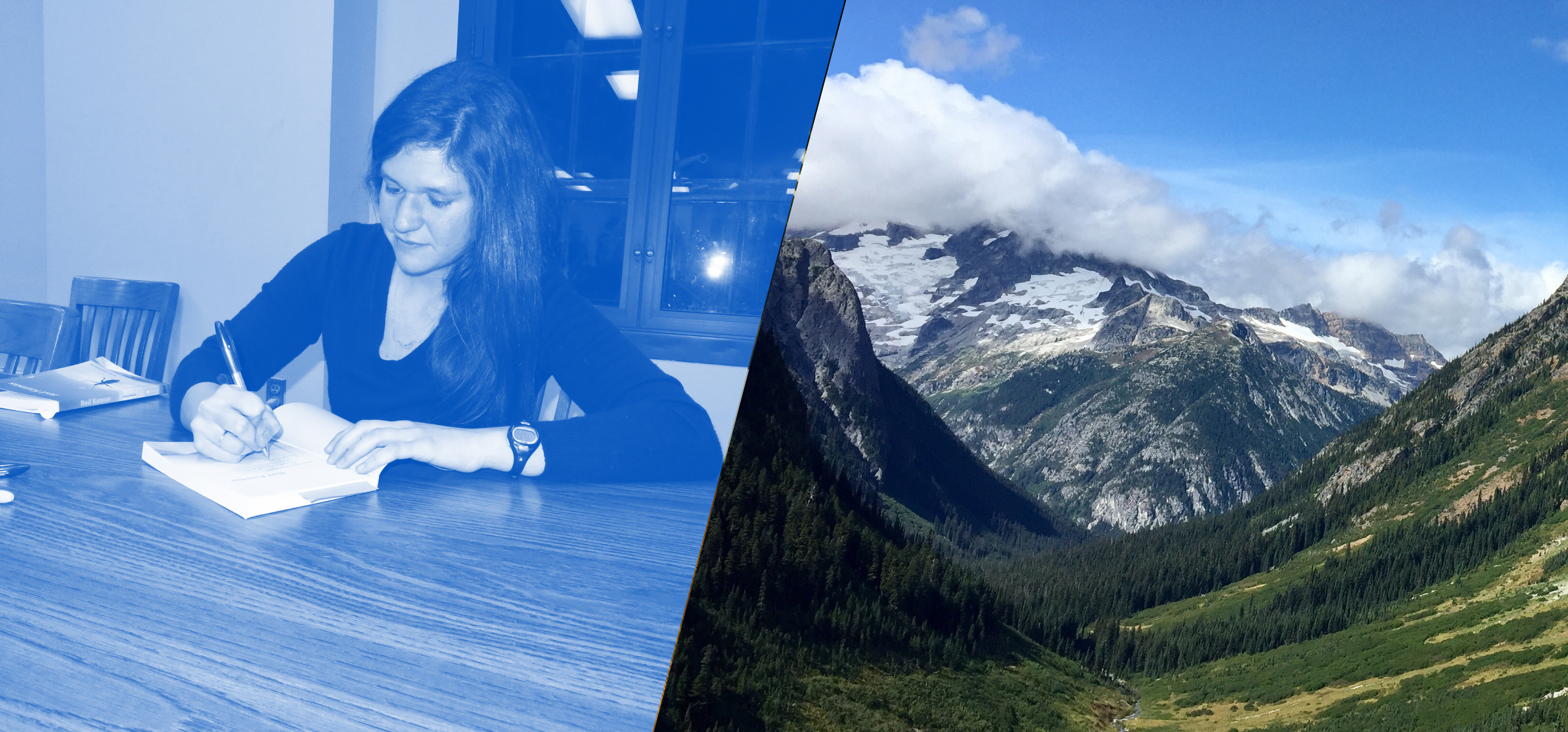
How did your KU degree prepare you for your current job?
KU is where I learned how to write fiction. Writing is 90% practice, but there are elements of fiction writing that can be learned, like how to increase tension, reveal character, craft dialogue, etc. Those basic elements I learned at KU, in my undergraduate fiction writing workshops, and have carried with me ever since.
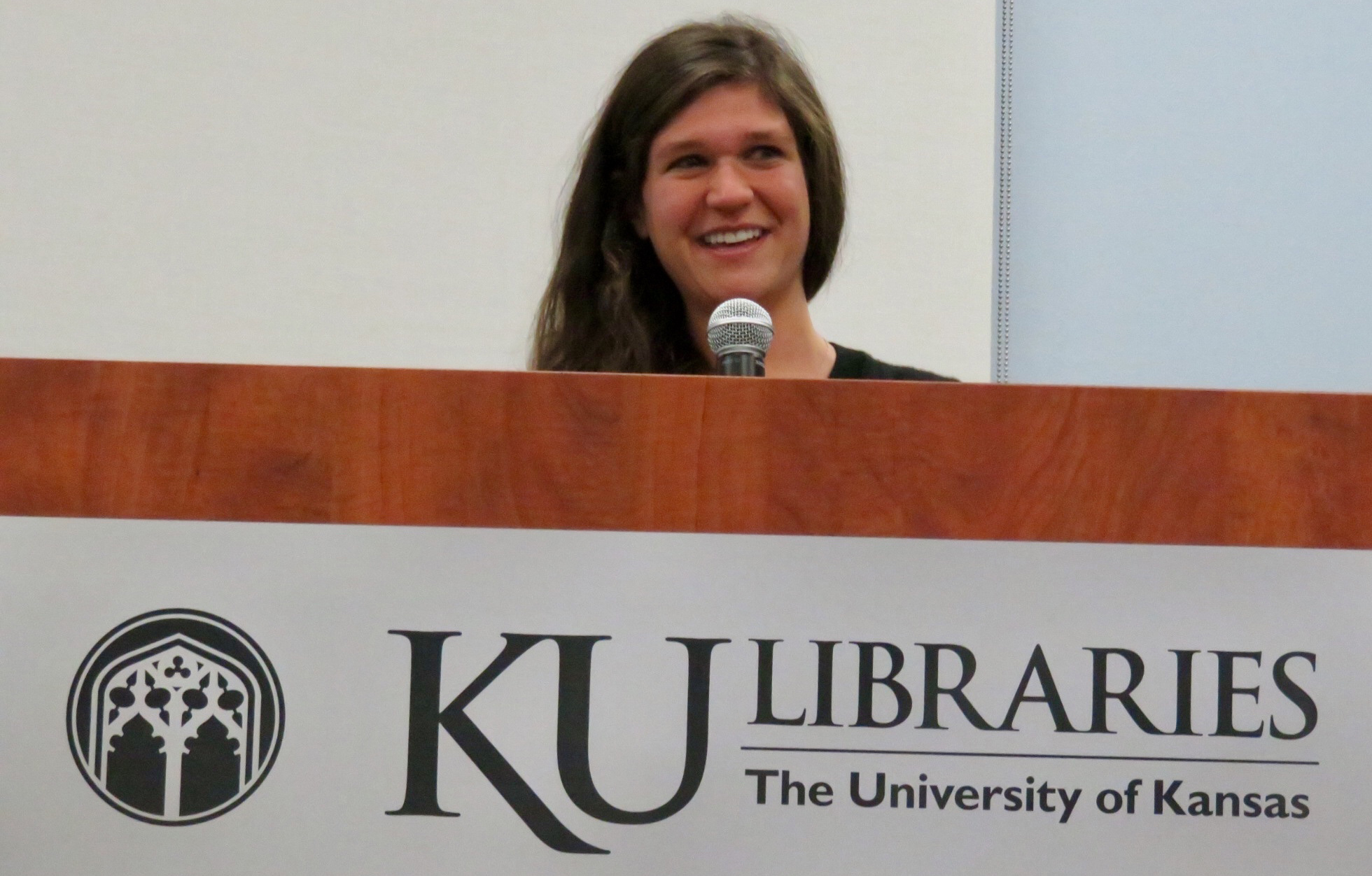
What do you do after you’ve clocked out?
The wonderful and terrible thing about writing is that you never clock out—the writing brain is always on, paying attention, searching for material. Every conversation is dialogue. Every personal catastrophe is a chapter. Luckily, certain activities are useful for exercising this writing brain. For me, hiking and traveling go hand in hand with writing. The body is in motion, absorbing new experiences and locations that may end up on the page.
What is a fun fact about you that surprises people?
For fun, usually around the holidays, I like to make ornamental dolls out of human hair. I try to assure people the dolls are whimsical, not malicious. Needless to say, some people appreciate the art form more than others.
Becky takes over the College Instagram account on Kansas Day (1.29.2018)
Read more about Becky winning the Flannery O’Connor Award in this great article by the KU Alumni Association.
Be like Becky. Here’s more information on the KU English Department’s B.A. in Creative Writing.
Hawks to Watch are disrupters. They’re poised for greatness, inspiring their colleagues and excelling in their professions. Basically, they’re killing it. Having recently graduated, they are just starting to leave their mark and we can’t wait to see how their story unfolds. These Jayhawks span all industries including business, non-profits, tech, healthcare, media, law and the arts.
